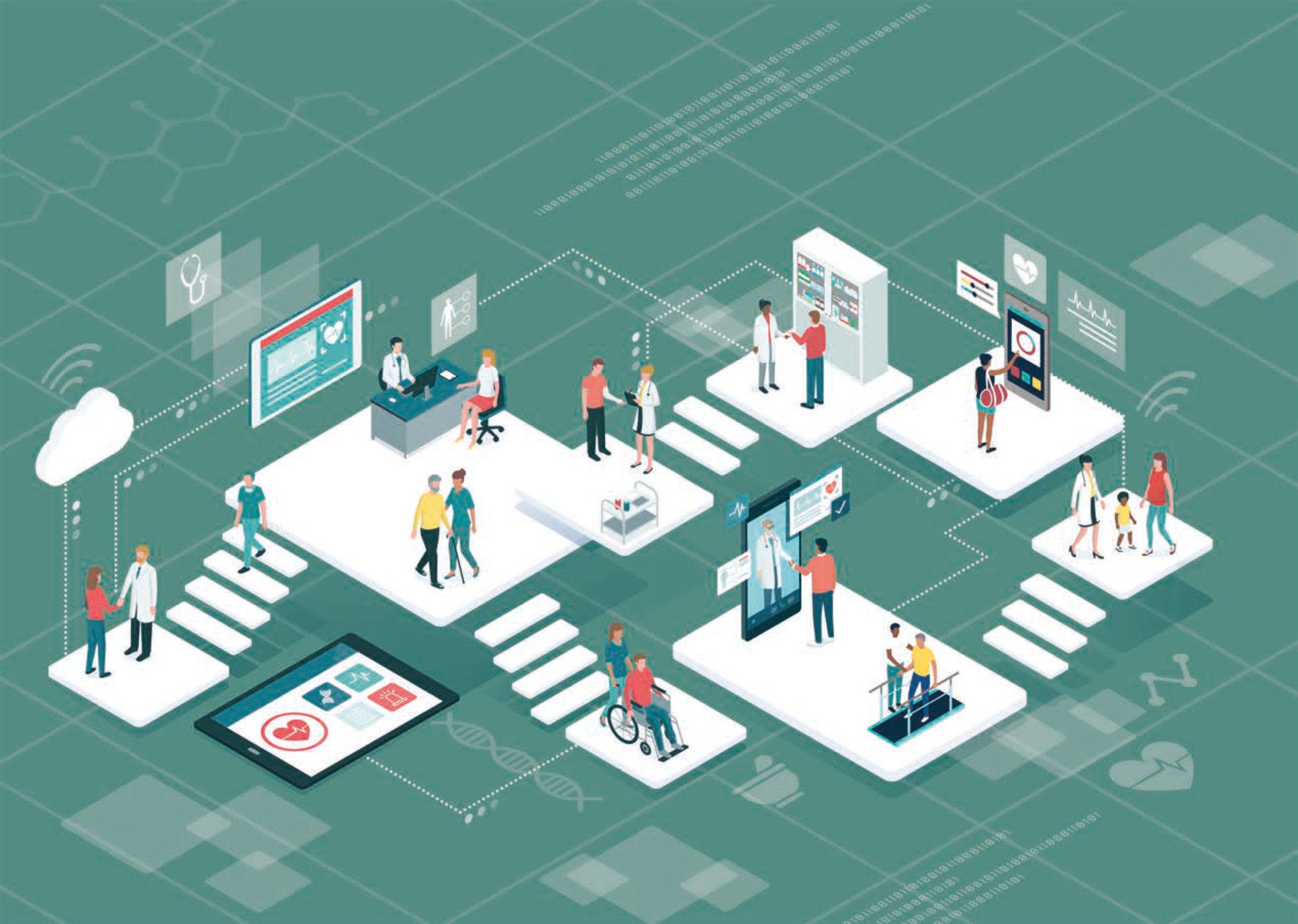Twenty-first-century health systems will be built around data and information. An integrated health information system enables the secure flow of data to where they can be used to create information and knowledge to advance policy and health system objectives. This report describes the requirements and the benefits of an integrated health information system; outlines the current situation in Korea in the context of progress across OECD countries; and recommends policy and operational changes to overcome barriers to the efficient exchange and sharing of health data and establish an integrated health information system that supports continuous learning, improvement and innovation.
Towards an Integrated Health Information System in Korea

Abstract
Executive Summary
Twenty-first century health systems will be built around data and information. The Korean Ministry of Health and Welfare commissioned the OECD to review the management and use of health data in Korea, and to recommend changes that would enable creating a health information system that supports achieving national health policy objectives.
An integrated health information system would help Korea improve its capacity to get the best performance and value out of its health system in three ways. First, it would directly improve care quality (including safety, effectiveness and efficiency). Second, it would improve patient empowerment by enabling people to access their own health information and for this information to “follow the patient” wherever they seek care. Third, it would raise the country’s capacity to use health and other data for important secondary purposes, such as continuous assessment of health system performance.
A range of data assets are relevant to an integrated health information system. For Korea this includes data generated during acute‑ and long-term health care, data on public health and social care as well as other relevant data sources such as social, economic and environmental data.
The OECD reviewed the health information infrastructure in Korea using the OECD Recommendation on Health Data Governance as a framework. It drew information from interviews and focus groups with Korean experts from academia, business, and government and from OECD and other surveys and reports.
Building on the strengths of Korean health data infrastructure and addressing challenges
Korea has taken great strides towards creating a health data infrastructure conducive to a high-performing, modern health system. Its insurance claims data, in terms of timeliness, coverage, volume and detail, are among the best in the world. Korea reports excellent data availability, maturity and coverage of key health datasets compared to other OECD countries. Korea is also among the countries with the strongest data governance across key national datasets.
Korea implemented a unique Drug Utilisation Review system that provides a prospective, real-time review of drug prescriptions to minimise the risk of safety harms such as contraindications, drug/drug interactions or ingredient duplication. Korea is developing a comprehensive chronic disease management system by integrating patient data from multiple organisations. Korea’s Benefits Information Analysis System already demonstrates many of the principles and requirements of using data to enable continuous improvement.
For research and statistics, Korea is quite advanced in creating an intermediary solution to improve health data interoperability through a Common Data Model (CDM) and has coded national health insurance claims data as well as 40 hospitals’ clinical data to the Observational Medical Outcomes Partnership (OMOP) CDM.
While Korea has many advantages, a learning health system will not develop without building more trust, a fundament requirement for harmonising and sharing data while protecting privacy and data security. The obstacles that need to be overcome are a lack of social licence and incentives toward data sharing and collaboration, the lack of a framework for research access to data, incoherent EMR systems and a lack of patient-reported data, and laws or their interpretation in practice that block progress toward a learning health system.
Towards an integrated health information system in Korea
Korea has many of the building blocks in place to develop a learning health system. The following policy actions are recommended to make this a reality:
A central authority such as the Ministry of Health and Welfare (MoHW) or an appointed agency should lead the development of a national health information strategy for using all available data for a range of purposes.
Legal authority will be needed to authorise and finance the national strategy and its implementation. Areas for potential legal reforms include a revision to the Data Protection Law to enable national agencies who are already trusted to collect and process health data to be legally permitted to link data for legitimate purposes in the public interest.
A unifying policy framework to support a learning health system is needed. Different bureaus within the MoHW are developing policies and funding projects that will affect the health information system and this needs to be co‑ordinated within the MoHW as well as greater co‑ordination among national agencies who have their own health information projects.
Data integration and exchange among Korea’s national agencies responsible for national health data (HIRA, NHIS, KDCA and KOSTAT) will be essential to creating a learning health system that includes the surveillance, evaluation and improvement of health status and outcomes. It will be essential to incentivise co‑operation among national agencies toward a common shared goal of improving health outcomes and the effectiveness and efficiency of health care services.
The development of standards within Korean Health Information Service (KHIS) should include the secondary “use cases” to ensure that the data will meet the requirements of a learning health system. There should be a role for the large national agencies (HIRA, NHIS, KDCA and KOSTAT) in the development of these standards, and a mechanism for KHIS to evaluate and integrate data standards being developed by other national agencies.
To complement laws and policies, funding and financial incentives will be needed to encourage compliance with national data standards among health care organisations and health care providers and for demonstrating (verifiable) data interoperability, and to ensure national agencies responsible for health data have the resources to support greater inter-agency collaboration to realise the strategy.
Given the current arrangements for access to data in Korea are fragmented, the government may consider consolidating these activities into a single data hub that would simplify the process for users of Korean health data and enable secure, record-level linkage of all relevant datasets to create valuable knowledge.
The national strategy must emphasise the importance of secure access to, linkage of and sharing of health data to serve the public interest and include the necessary changes to organisational mandates, legislations and resources so that secure exchanging of data to serve the public interest becomes the default position.
Related publications
-
30 July 2024
-
 Country note10 July 2024
Country note10 July 2024




